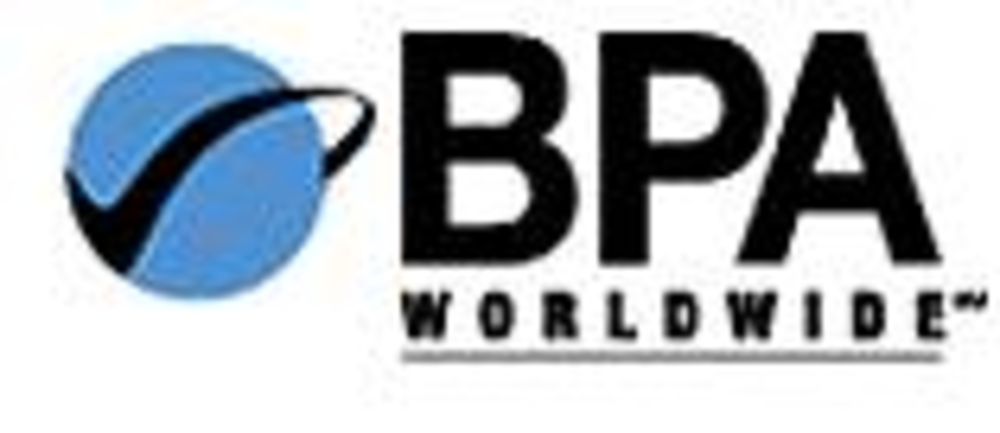The BPA board last week approved amendments to existing BPA rules for business publications and consumer magazines.
Changes include an exception to telecommunications recording initiative requirements, an opt-out on digital edition e-mail alerts and prohibit the use of demographic data older than three years on BPA statements. The board also changed the requirements for pre-audits. They are now only required when a publication has three years of errors or omissions in the same BPA statement paragraph.
Glenn Hansen, president and CEO of BPA Worldwide, pinpointed the rule providing publishers an exemption to the telecommunications recording initiative as the most important change.
“The amendment stands out because the telecommunications initiative requiring publishers to record all telemarketing efforts was announced in December 2005,” he wrote in an e-mail interview. “Since then, publishers have had the opportunity to test the rule and provide feedback.”
“The initiative is moving along at a good pace with most members and vendors reporting positive results,” Hansen continued. “Two publishers serving the government market expressed concerns about a marked decline in the success of telemarketing campaigns due to the recording rule. Instead of confining the exemption to a specific market segment (or segments), the BPA board voted to include the exemption to those subscribers who refuse to be recorded across all sectors of the publishing industry.”
The board’s ruling allows publishers to offer personal identification questions for otherwise-qualified subscribers who refuse to be recorded.
Any publisher with subscribers gathered via telecommunication campaigns will be affected by this amendment to the telecom initiative. Hansen predicted that compliance would be easy for BPA members, as the change was made as a “customer service point.”
Further amendments state that digital edition site licenses now require a specific count and add a new international reporting subset of the Middle-East and North Africa (MENA) to the circulation breakout. In addition, the BPA board now requires country-level geographic reporting if 5%-25% of a title’s total qualified circulation is going into that region. If a single country receives more than 25% of the total circulation, reporting must be broken down into states or provinces.
In a final change, affecting only business publications, the board is now allowing publications using medical association lists to develop direct request sources to not report additions and removals on circulation statements and audit reports. BPA reports of these publications will require a footnote on the number of records obtained through medical association lists, no matter the source.








